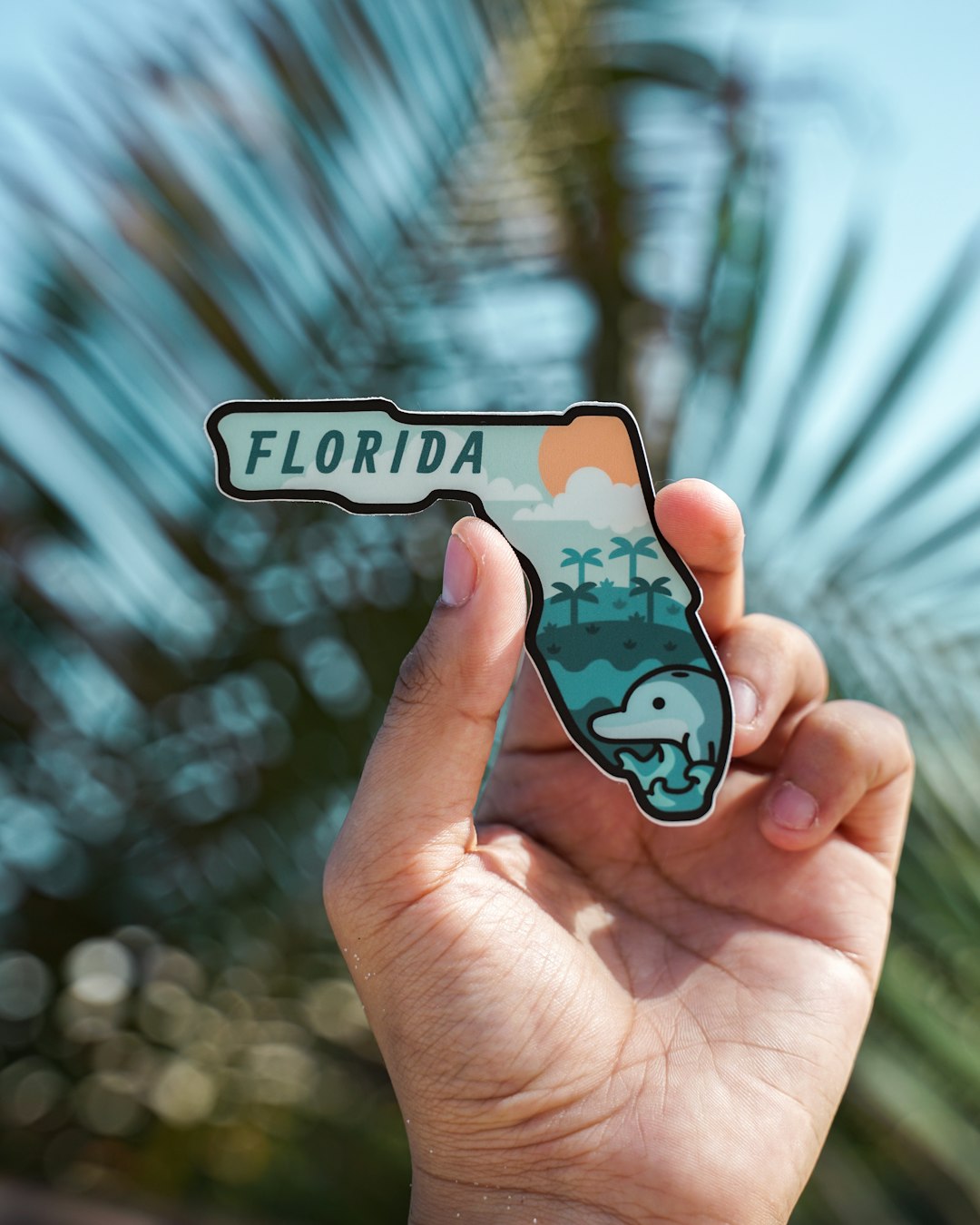Florida's strict Do Not Call laws protect residents from unwanted telemarketing calls, emphasizing individual control over phone numbers and ethical marketing practices. Businesses operating in Florida must comply with these regulations by obtaining prior express consent for commercial calls to numbers on the state's registry. Proper written consent procedures include clear, transparent forms, accurate identity verification, data protection, confidentiality, and opt-out rights. Avoiding common errors like vague explanations, ignoring local laws, and rushing processes ensures legitimacy and compliance with Florida's Do Not Call laws.
In Florida, understanding and adhering to the state’s Do Not Call Laws is paramount for businesses aiming to respect consumer privacy while maintaining compliance. This article delves into best practices for obtaining written consent in Florida, covering crucial aspects like navigating Do Not Call laws, timing and methods of request, ensuring consent validity, and avoiding common pitfalls. By following these guidelines, businesses can foster positive customer relationships while maintaining regulatory adherence.
Understanding Do Not Call Laws in Florida

In Florida, like many states, there are strict Do Not Call laws designed to protect residents from unwanted telemarketing calls. These laws are in place to give individuals control over their personal phone numbers and ensure that businesses adhere to ethical marketing practices. It’s essential for organizations conducting telemarketing activities in Florida to understand and comply with these regulations to avoid penalties and maintain customer trust.
Florida’s Do Not Call laws prohibit commercial calls to telephone numbers listed on the state’s “Do Not Call” registry, unless the caller has obtained prior express consent from the number’s owner. This means businesses must obtain explicit permission before dialing any Florida resident’s phone number for marketing purposes. Failure to comply can result in fines and legal repercussions. To ensure compliance, companies should implement robust opt-out mechanisms during their initial interactions with potential customers and maintain accurate records of consumer preferences.
When and How to Obtain Written Consent

In Florida, obtaining written consent is a crucial step in ensuring compliance with legal requirements, especially regarding communication and marketing practices. The need for written consent becomes evident when businesses or organizations aim to contact consumers who are registered on the state’s Do Not Call list. This list, established under Florida law, grants residents the right to opt-out of unsolicited phone calls, including those from telemarketers and sales personnel.
When a business intends to reach out to such individuals, they must first secure written consent. This typically involves having customers or prospects sign a form that explicitly allows communication. The process should be clear and transparent, explaining the nature of the contact, how often it may occur, and providing an easy mechanism for withdrawal of consent at any time. It’s essential to document and store these consents securely to demonstrate compliance with Do Not Call Laws Florida.
Ensuring Validity and Compliance

In Florida, ensuring validity and compliance in written consent processes is paramount, especially considering the state’s strict Do Not Call Laws. Every effort must be made to verify the individual granting consent is the legitimate owner of the personal information being requested. This involves obtaining clear and specific details like full name, contact information, and a signed declaration confirming their consent. Any form used should be straightforward, avoiding legal jargon that could lead to misinterpretation.
Compliance also means adhering to data protection regulations, ensuring confidentiality and secure storage of consents. It’s crucial to inform individuals about what data is being collected, how it will be used, and their right to opt-out at any time. Regular reviews of consent forms and procedures are essential to stay updated with legal requirements, particularly as privacy laws continue to evolve in Florida and across the nation.
Common Mistakes and Their Avoidance

In the pursuit of obtaining written consent, many individuals and organizations in Florida inadvertently fall into pitfalls that can compromise the validity of their processes. One prevalent error is failing to provide clear and concise information about the purpose and nature of the request, which can lead to confusion and an unwillingness to sign. It’s essential to offer a straightforward explanation, highlighting benefits and potential outcomes, to gain cooperation. Additionally, many instances of non-compliance arise from ignoring local regulations, such as Florida’s Do Not Call Laws, which must be adhered to ensure legal consent.
Another common mistake is attempting to rush the process. Written consent requires careful consideration and should never be rushed. This can lead to a lack of understanding or even coercion, both of which are detrimental to establishing a genuine agreement. Instead, allow ample time for individuals to review and ask questions, ensuring their comfort before proceeding. By avoiding these common pitfalls, organizations can enhance the legitimacy of their consent-gathering practices and maintain compliance with Florida’s legal frameworks.






